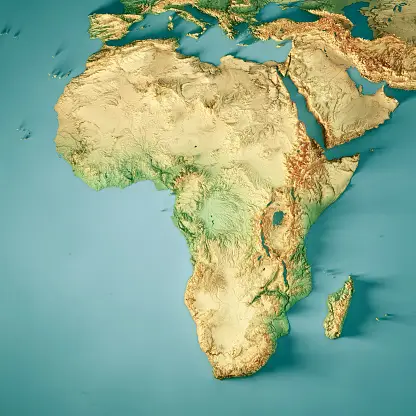
The Bantu migration, a monumental journey that commenced around 2000 BCE, has left an indelible mark on the cultural, linguistic, and genetic landscape of sub-Saharan Africa. Originating from their homeland in West Africa, Bantu-speaking peoples embarked on a gradual but far-reaching expansion across the continent, shaping the societies they encountered and laying the foundations for diverse civilizations.
Spanning several millennia, the Bantu migration was a complex and multifaceted process driven by a variety of factors, including population growth, environmental changes, and the search for new agricultural opportunities. With the cultivation of crops such as yams, millet, and sorghum, Bantu communities developed advanced agricultural techniques that enabled them to thrive in different ecological settings, from tropical rainforests to savannas and highlands.
As Bantu-speaking groups migrated eastward and southward, they encountered and interacted with various indigenous peoples, exchanging languages, technologies, and cultural practices along the way. This process of cultural diffusion contributed to the emergence of diverse societies with shared linguistic and cultural elements, forming the basis of what is now known as Bantu culture.
One of the most significant outcomes of the Bantu migration was the spread of the Bantu language family, which comprises hundreds of languages spoken by millions of people across Africa. The linguistic legacy of the Bantu migration is evident in the widespread use of Bantu languages in countries such as Nigeria, Democratic Republic of Congo, Tanzania, and South Africa, among others.
Moreover, the Bantu migration had profound implications for the genetic diversity of Africa, as Bantu-speaking peoples intermingled with and assimilated various indigenous populations throughout their expansion. Genetic studies have revealed complex patterns of population admixture and genetic diversity among modern-day Africans, reflecting the intricate history of migration, interaction, and cultural exchange that characterized the Bantu expansion.
In addition to its linguistic and genetic impact, the Bantu migration also played a crucial role in shaping the social, political, and economic dynamics of sub-Saharan Africa. The establishment of Bantu-speaking communities laid the groundwork for the development of complex societies, kingdoms, and states, each with its own system of governance, social organization, and economic specialization.
Overall, the Bantu migration stands as a testament to the resilience, adaptability, and ingenuity of African peoples, who embarked on a transformative journey that shaped the course of history on the continent. From its origins in West Africa to its far-reaching effects across sub-Saharan Africa, the Bantu migration remains a central chapter in Africa’s rich and diverse heritage.




